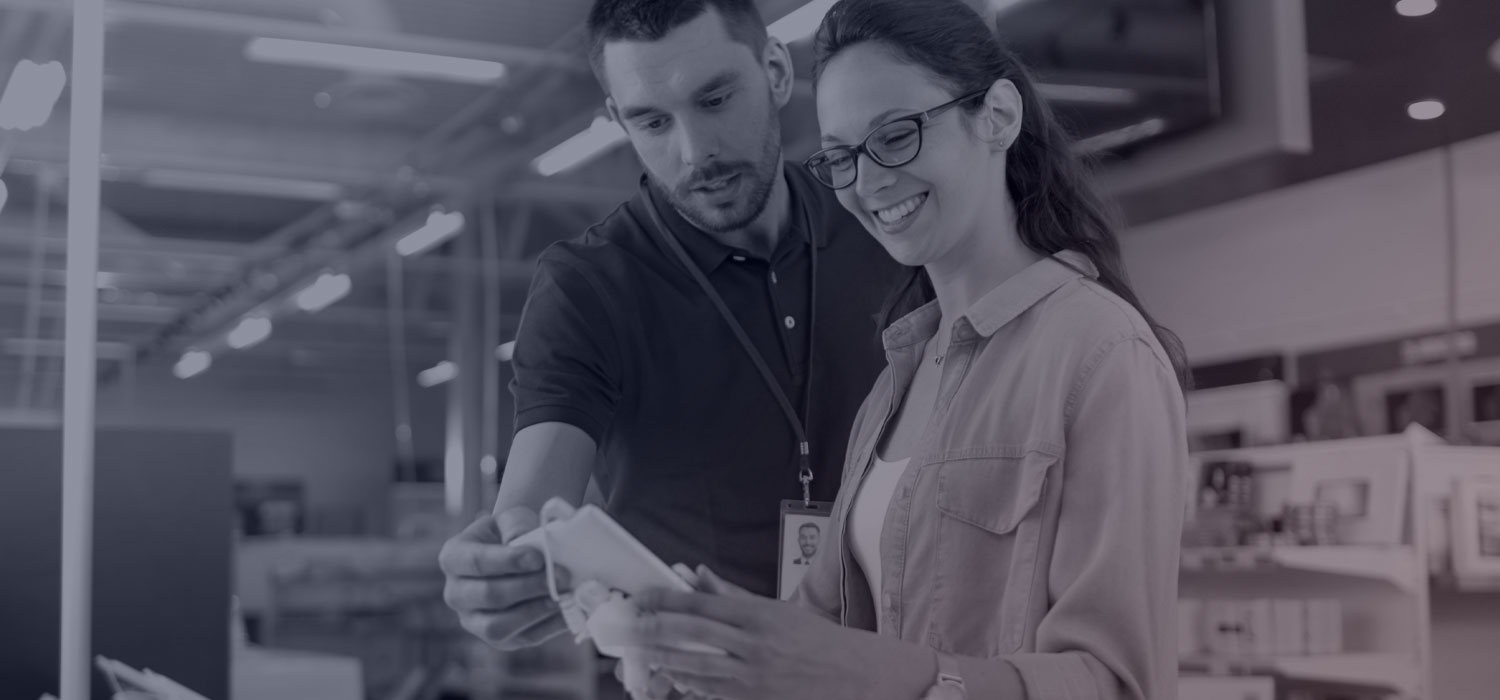What a cookieless future really means for marketers in 2023?

All of us, at some point or other, have felt that our phones and computers are listening to us when we see ads related to things or places that we just discussed with a friend or a family member. This sentiment was echoed in a Pew Research Center survey that was published on Google’s blog.
72% of people feel that everything they do on the internet is tracked. As we move towards a ‘privacy-first’ world, the first victim of change is the cookie, more specifically, the third-party cookie. As marketers, this will have a significant impact on how you engage with your audience and present your story in the cookieless future.
Apple and Google are committed to eliminating third-party cookies on their browsers and are ushering in a new cookieless future for the marketing and advertising landscape. While Google has postponed their move to eliminate cookies from Chrome, the world’s most-used browser, to 2024, marketers need to begin addressing the challenge of finding new ways to identify and target their audiences right now. There continues to be a lot of speculation on what a cookieless world would mean for businesses. We will try to shed some light on what the post-cookie world could look like.
- Rebuilding trusting relationships with consumers
As consumers keenly focus on the privacy of personal data, it is up to marketers to be transparent with their target audiences. It’s not that consumers don’t want to be targeted with ads, content and experiences that are relevant to them; they just want greater control over how it’s being offered. Besides being a legal obligation with regulations like GDPR and CCPA, it is a moral obligation to allow consumers to know how their data is being collected and why and extend their control over data to opt-out of any personalization or restrict the data that can be processed.
- Pivoting towards zero-party and first-party data
Establishing trust with consumers in a cookieless world is relevant as marketers explore other sources of data. First-party data and zero-party data have proven to be reliable sources of customers’ interests, preferences and buying behaviour.
A 2021 study from Deloitte states that 61% of high-growth companies are shifting to a first-party data strategy. Customers today expect tangible value in return for personal information. Brands looking to obtain this data need to offer fair value in exchange, including better offers through loyalty programs, customized experiences and more.
Big tech companies like Apple, Facebook and Google already collect large volumes of first-party data through phones and applications. Marketers and advertisers looking to stay ahead would do their best to bolster partnerships with such players to explore how data can be used by all without infringing on the privacy of the consumer.
- Adopting contextual advertising
While businesses look to draw a map to navigate the cookieless future in the long run, certain advertising techniques like contextual advertising have proven to be successful alternatives. Contextual advertising allows businesses to seamlessly integrate their ads with the website content and context, allowing marketers to pinpoint with much better accuracy, what a user is on a certain website for.
Adopting contextual advertising is easier today owing to advancements in technologies like artificial intelligence, machine learning, natural language processing, sentiment analysis and more. Marketers can understand the context even on the video to help place the right ads in the right places. Brands that have adopted contextual advertising are reporting better results and lesser wastage of impressions.
Contextual advertising also helps address two key challenges that will remain in a cookieless world – brand safety and brand suitability. In a world where fake news websites and fraudulent websites are on the rise, contextual advertisements allow marketers and advertisers to steer clear of placing ads on websites that would harm the brand. All of this is done without relying on any user-specific data.
- New metrics of success
The challenges of measuring the success of digital ads will further be exacerbated by the obsolescence of cookies. The next few years will see sustained disruption in how the successes of ads are measured. Expect a long-drawn period of experimentation, incorrect data, apprehensions about investing in zero-party data or market research and much more. According to Gartner, one can expect substantial shifts in the media mix by retiring, reinventing or redirecting cookie-related media spending.
Setting up the right investments in advertising needs to be coupled with investments in tools that precisely measure the impact of an ad and ensure larger business goals are being met. Investments in expanding the capabilities of CRM tools, UX and UI will change the baseline for ROI on customer satisfaction.
To sum things up, the next few years of transitioning to a cookieless world will be accompanied by a period of sustained ambiguity. Brands have been presented with a unique opportunity to take advantage of a variety of tools that allow them to reach customers more effectively while ensuring a privacy-first approach.
We at Seedtag are already helping leading brands like Henkel and Colgate leverage contextual advertising and have shown results. Do contact us to understand how prepared you are for a cookieless future.
.png?width=4016&height=472&name=Seedtag%20Wordmark%20-%20Black%20(RGB).png)

